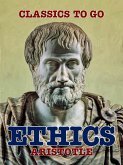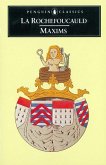In "Nietzsche and Other Exponents of Individualism," Paul Carus offers a penetrating exploration of the philosophies surrounding individualism as espoused by Friedrich Nietzsche and his contemporaries. Carus employs a meticulous literary style that blends analytical rigor with accessible prose, addressing the existential implications of individualism in the face of societal norms. The work is contextualized within the late 19th and early 20th centuries, a period marked by profound philosophical inquiry and burgeoning modernity, where the tension between individuality and collective identity became increasingly pronounced. Paul Carus, a prominent philosopher and advocate of scientific thought, was deeply influenced by his engagement with German idealism and American pragmatism. His scholarly background and interactions with influential thinkers of his time informed his critical perspective on Nietzsche and other individualists. Carus's commitment to elucidating complex philosophical ideas in a manner that resonates with a broader audience underscores his aim to provoke thoughtful discourse on the essence of individuality in an age of conformity. This book is highly recommended for readers seeking a nuanced understanding of individualism and its philosophical implications. Carus's work not only invites reflection on personal autonomy but also challenges readers to consider the broader socio-cultural ramifications of embracing individuality.
Dieser Download kann aus rechtlichen Gründen nur mit Rechnungsadresse in A, B, BG, CY, CZ, D, DK, EW, E, FIN, F, GR, HR, H, IRL, I, LT, L, LR, M, NL, PL, P, R, S, SLO, SK ausgeliefert werden.









